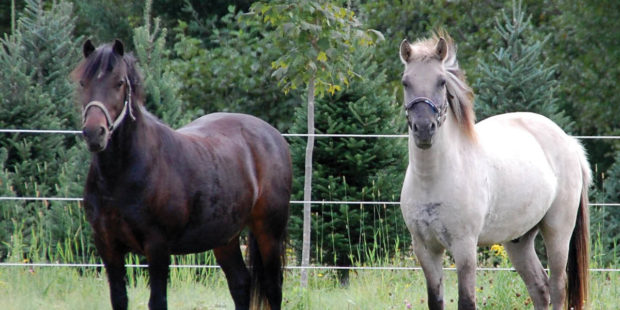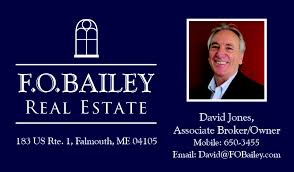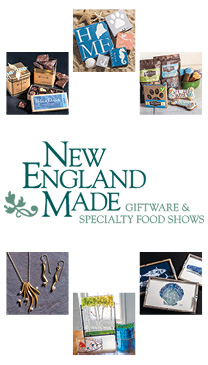
As previously promised, this month I will share some additional observations and thoughts about a recurrent issue in equine welfare, “rescuing the rescue.”
Regardless of intentions, not all interventions for horses in need of human assistance have positive outcomes for the animals. On occasion, animals who are being abused or neglected, experience a well-meaning intervention, only to again experience inadequate feed, care, or medical attention. It is a re-victimizing of these creatures that we must work to avoid.
Here is a reminder of the facts in our hypothetical:
- Two horses had been “rescued” from an out-of-state auction kill pen; both were former race horses who could no longer race and had no additional training or skills. The “rescuer” of the horses was boarded them at a farm in Maine.
- The “rescuer” was a resident of another New England state; she had become homeless, was living in her automobile, and was now unable to pay board to the farm owner in Maine. The rescuer wanted to surrender the horses to the state animal welfare authorities in her home state. She was characterized as possibly having some mental health issues.
- The horses were out of date with vaccinations and well care; they needed attention from the farrier and dental floats. One horse was in very poor body condition, possibly diseased, possibly aged, and had been reported to local authorities as neglected; an investigation into animal cruelty charges against the owner who had “rescued” the horses was in process.
- The boarding farm owner in Maine was threatening to take possession of the horses for non-payment of several hundred dollars’ worth of board; his stated intention was to send them to auction.
 Authorities in the state where the owner was living in her car contacted a well-known national animal welfare organization asking for help with the problem. The national organization does not operate animal shelters; it lobbies Congress and state legislatures regarding public policy issues and provides assistance to local shelters in times of natural or other disasters. It also provides small grants to local shelters for specific programming such as spay/neuter or vaccinations. The national organization had made such a grant to the MSSPA and contacted it for assistance.
Authorities in the state where the owner was living in her car contacted a well-known national animal welfare organization asking for help with the problem. The national organization does not operate animal shelters; it lobbies Congress and state legislatures regarding public policy issues and provides assistance to local shelters in times of natural or other disasters. It also provides small grants to local shelters for specific programming such as spay/neuter or vaccinations. The national organization had made such a grant to the MSSPA and contacted it for assistance.
Neither the out-of-state nor the national animal welfare organization would agree to take possession of or responsibility for the horses and actually provide for their care. What a snarl of issues! There simply was no entity to which the horses or their owner could turn for the very real and needed assistance of caring for the horses. The horse rescuer and the horses needed real rescue. This situation is all too common. Well meaning “rescuers” end up with horses they cannot afford and the horses are once again neglected or abandoned.
 The MSSPA, which does not accept owner surrenders, does offer the Maine Horse Matchmaker, an online and successful horse re-homing service. Here is a link to an interesting news article about the Maine Horse Matchmaker. https://www.sunjournal.com/2019/03/03/animal-tales-making-a-match-one-horse-at-a-time. Sadly, the homeless horse owner was unable to navigate that avenue of possibilities for her animals.
The MSSPA, which does not accept owner surrenders, does offer the Maine Horse Matchmaker, an online and successful horse re-homing service. Here is a link to an interesting news article about the Maine Horse Matchmaker. https://www.sunjournal.com/2019/03/03/animal-tales-making-a-match-one-horse-at-a-time. Sadly, the homeless horse owner was unable to navigate that avenue of possibilities for her animals.
The outcome for the rescued horses was mixed. One horse was deemed to be in such poor health with a very poor prognosis for recovery that it had to be humanely euthanized. The MSSPA paid the costs of veterinary evaluation, euthanization of the mare, and management of the horse’s remains. The second horse was received into care at the MSSPA’s South Windham horse shelter. Her condition and prognosis are guarded.
Before personally taking the responsibility for “rescuing” any animal, it is wise to consider the commitment you are making. How long will the commitment last? Do you have the financial means to support the animal? Who will be responsible for the animal if you cannot, for whatever reason, continue to provide for it? Having to rescue “rescuers” means animals are being re-victimized, and we all seek to avoid that.
You are invited to visit the Maine State Society for the Protection of Animals in South Windham and meet the Maine horses who are recovering from abuse and neglect. New England’s premier horse shelter is open to the public every day from 1 PM – 4 PM. No admission, plenty of parking, and gorgeous, rehabilitated horses to visit. As always, if you are hoping to acquire a horse of your own, please remember, “Don’t shop – adopt!”

Meris Bickford, Chief Executive Officer of Maine State Society for the Protection of Animals(MSSPA). Her resume also has experience as an Assistant Attorney General, Bureau Chief for Child and Family Services and Chief Administrative Hearing Officer at Maine’s Department of Human Service.







